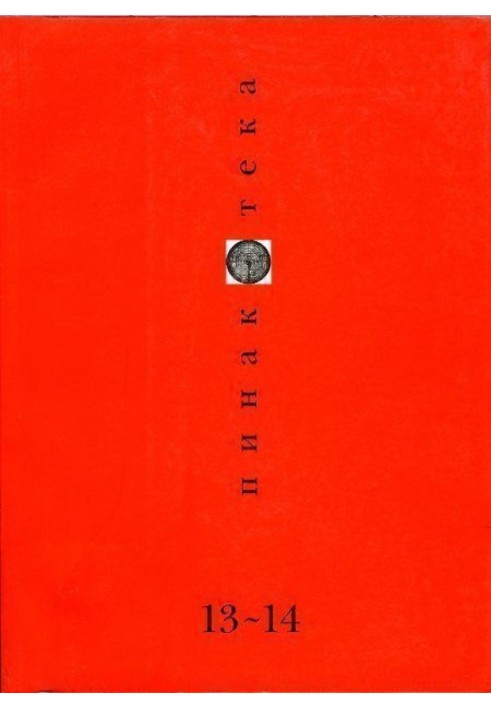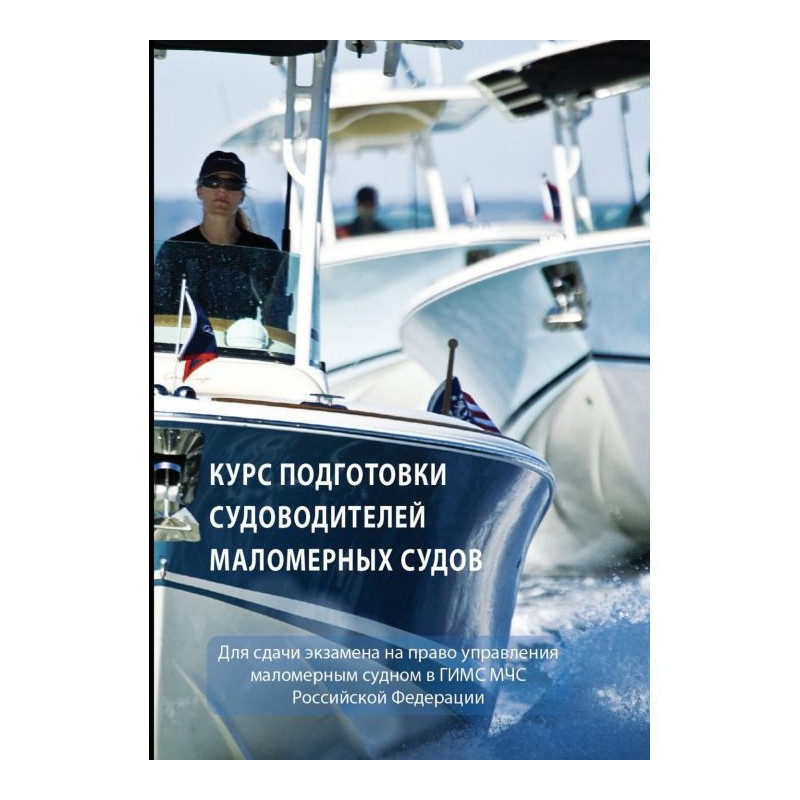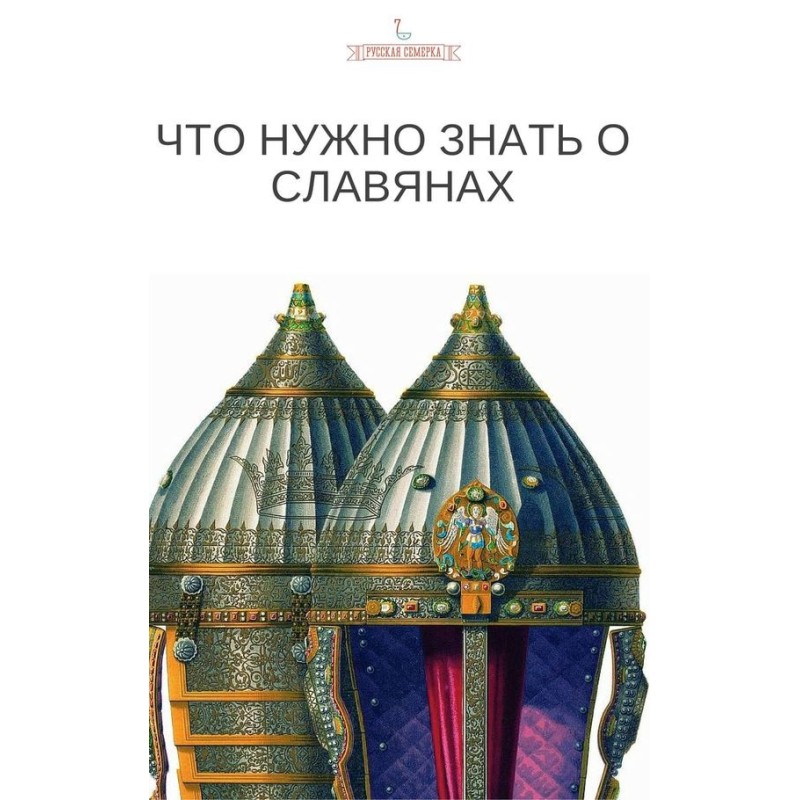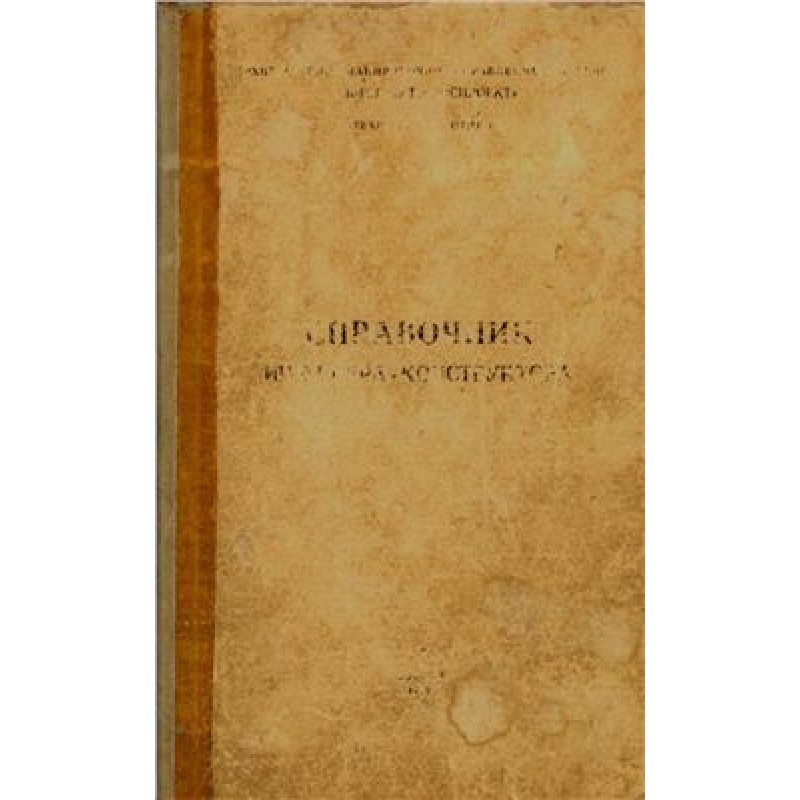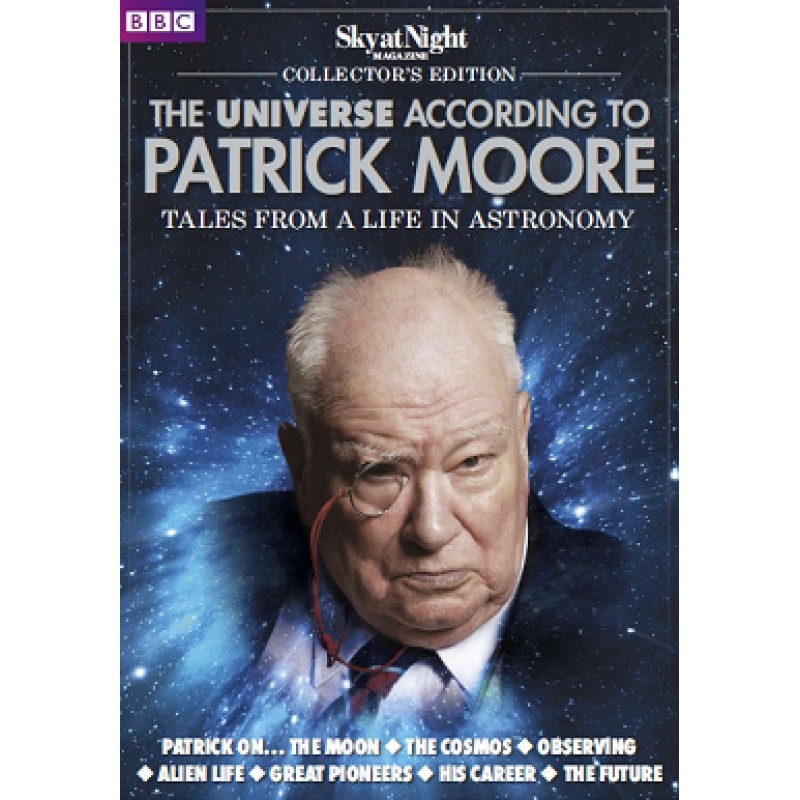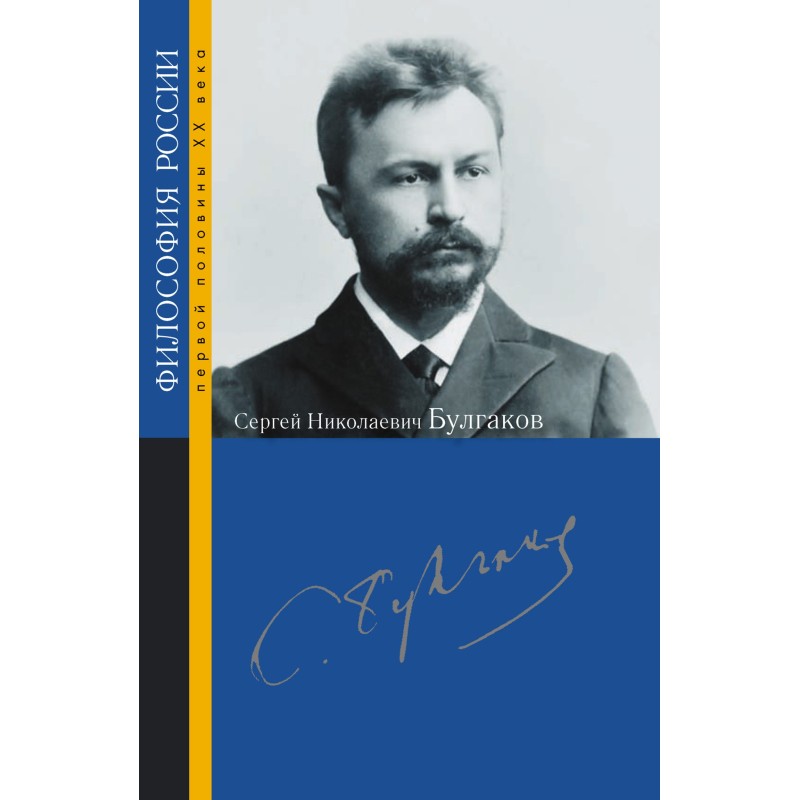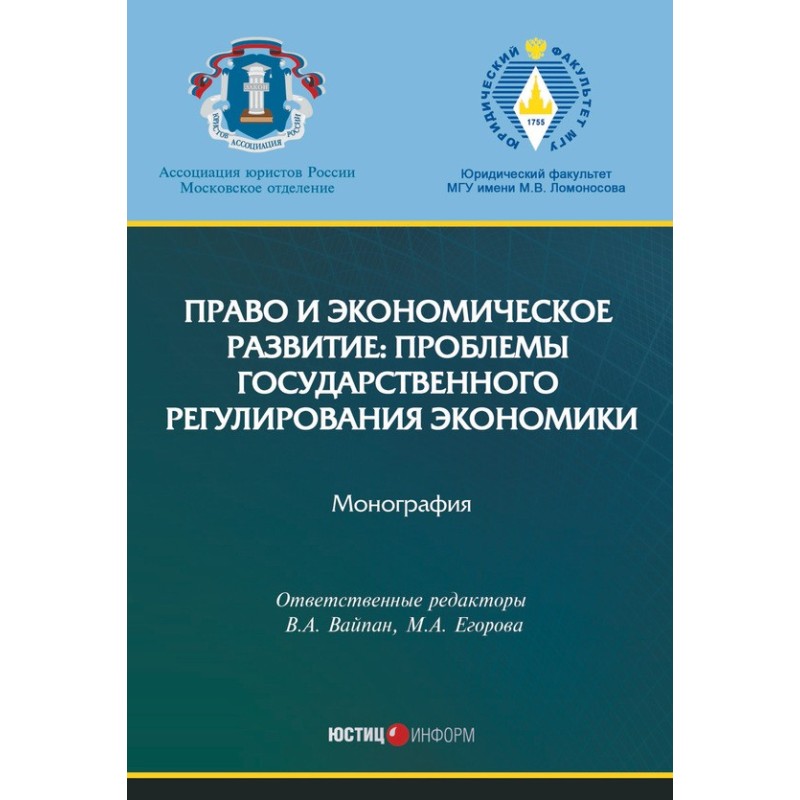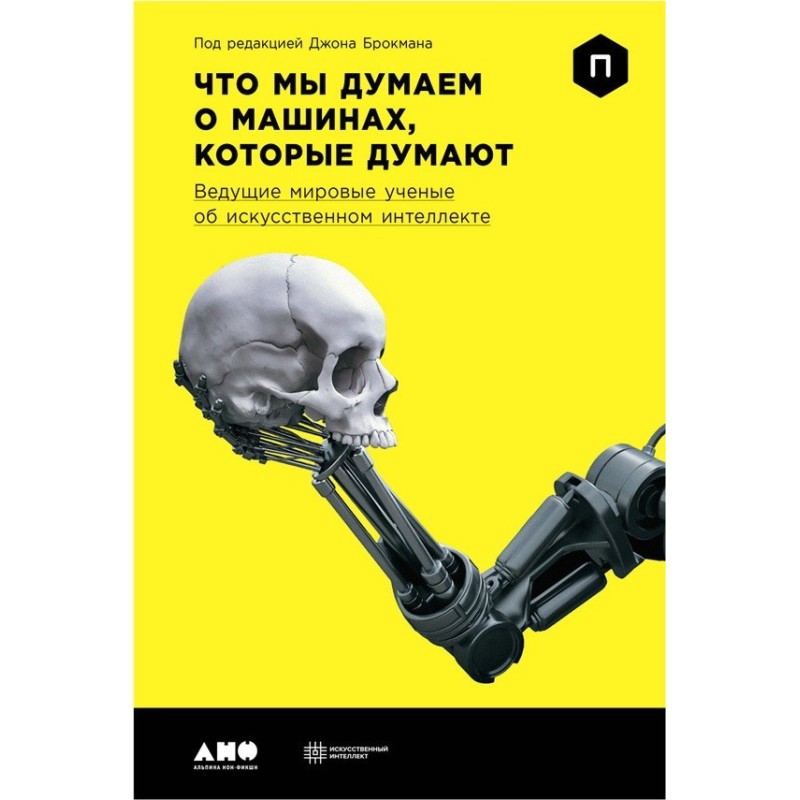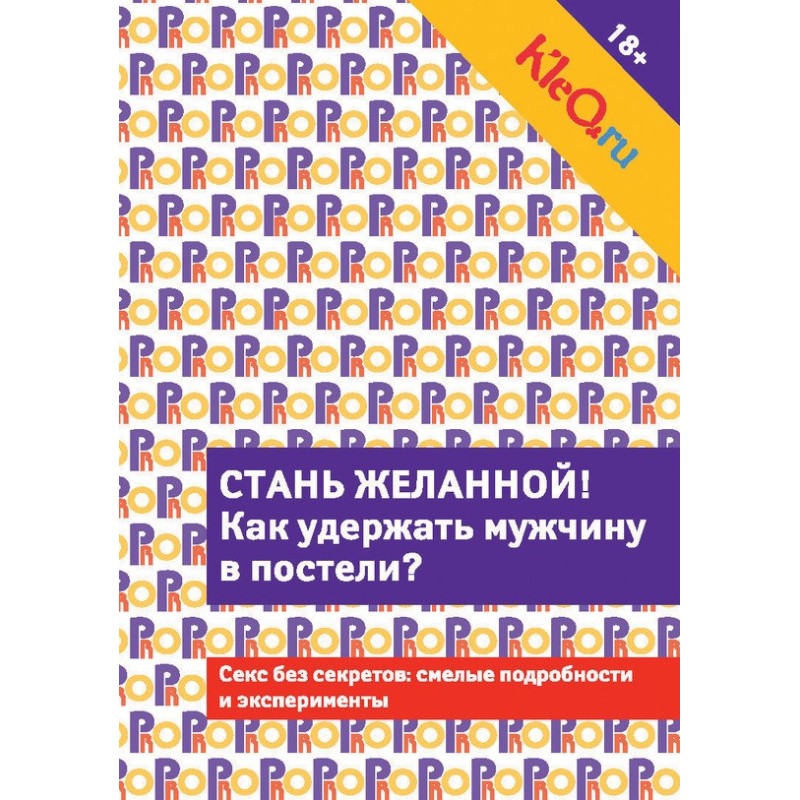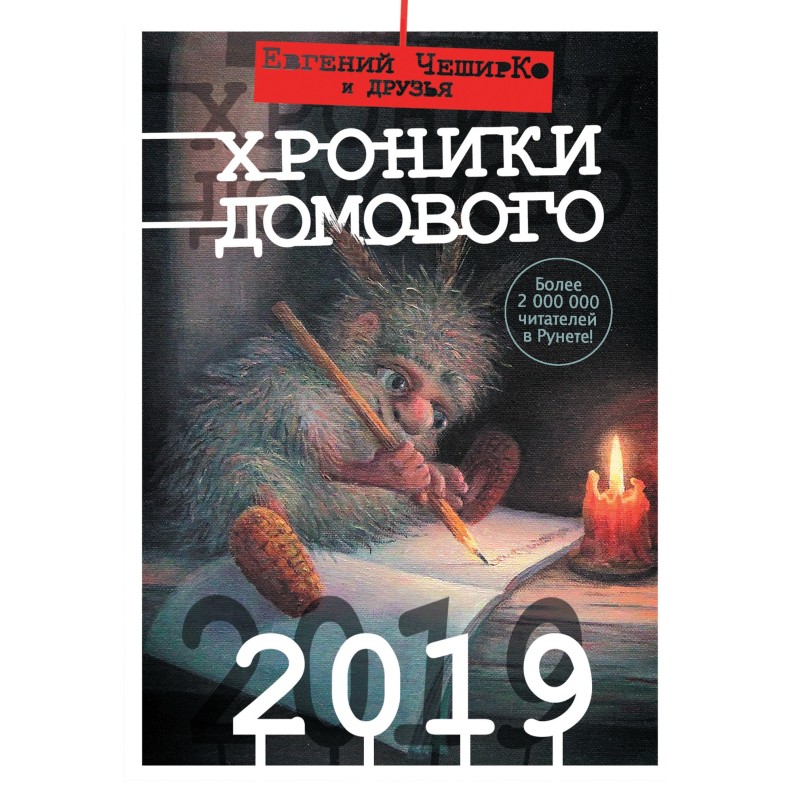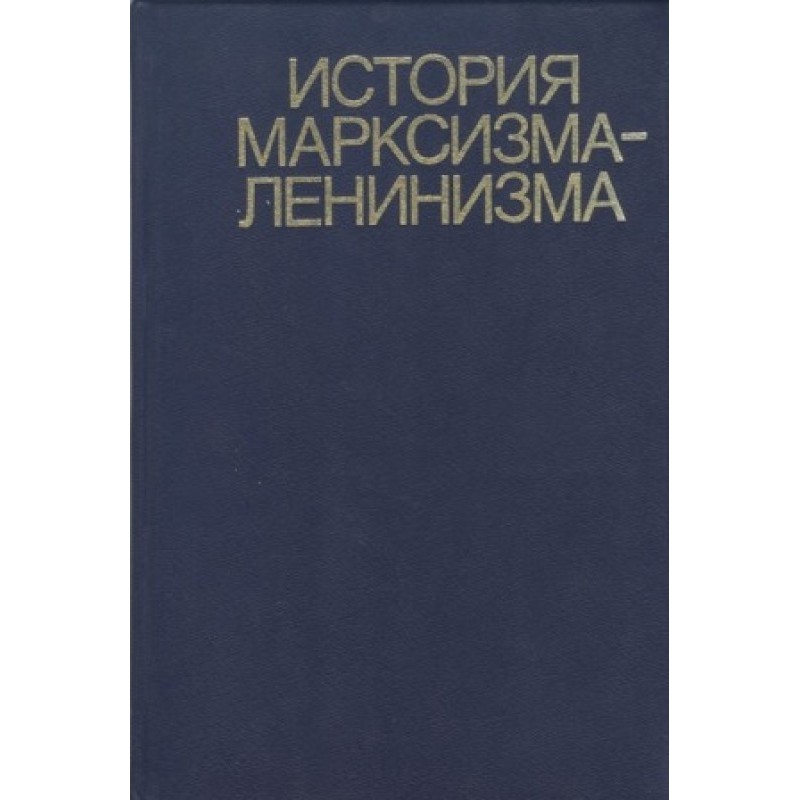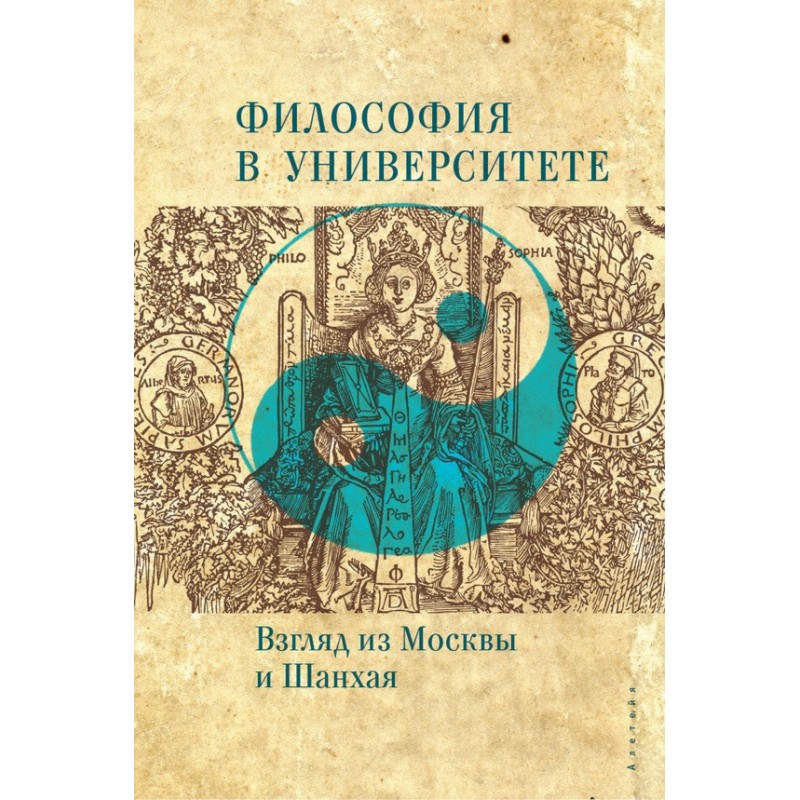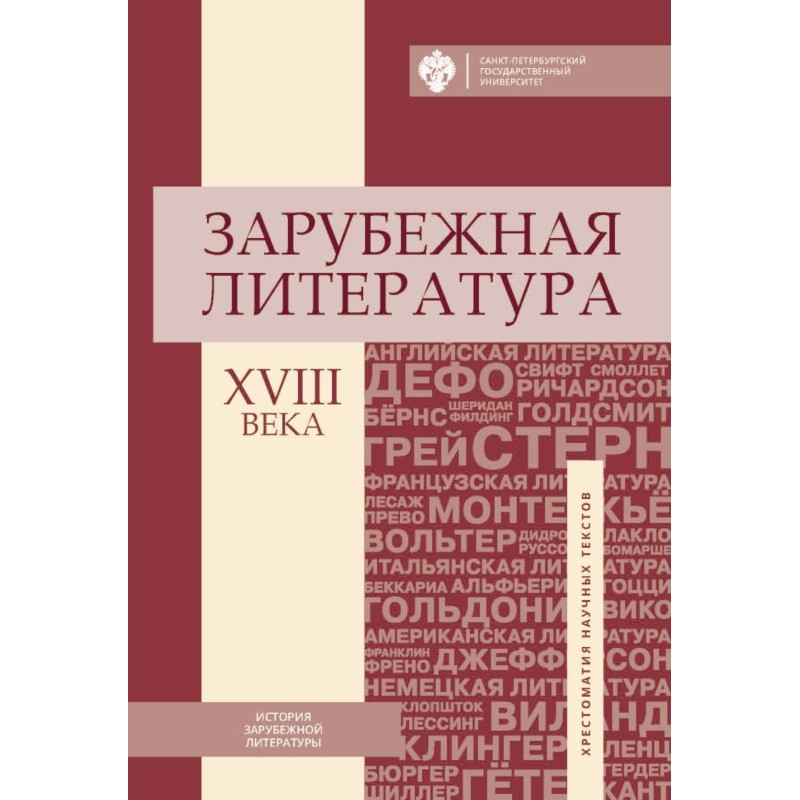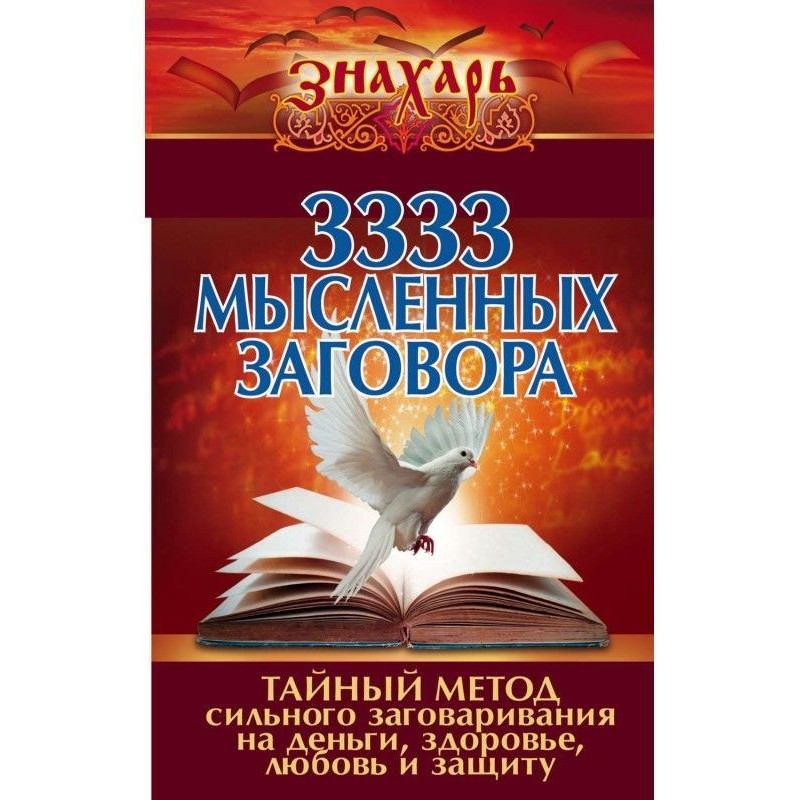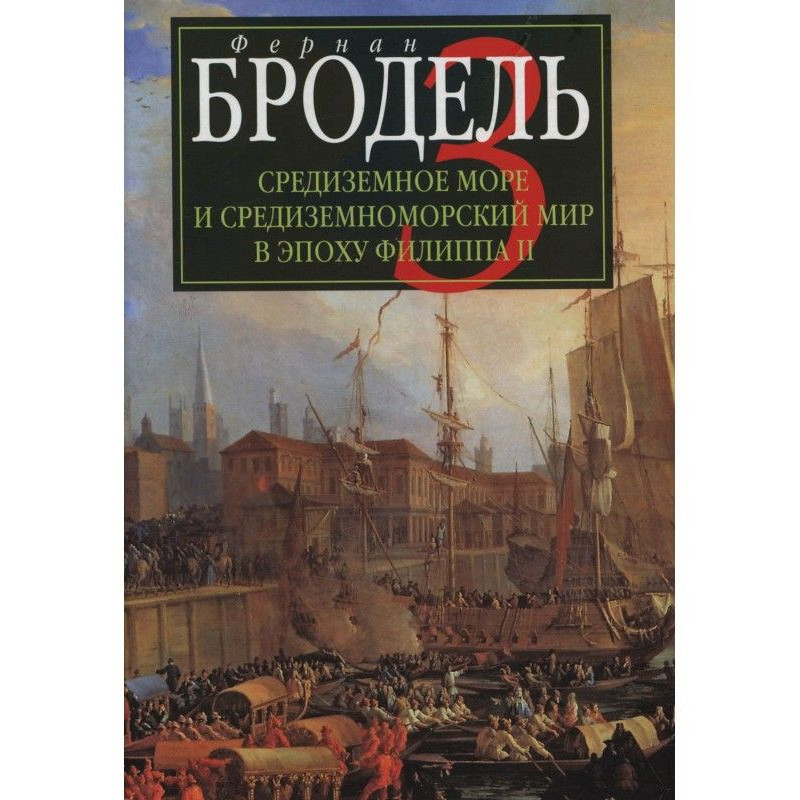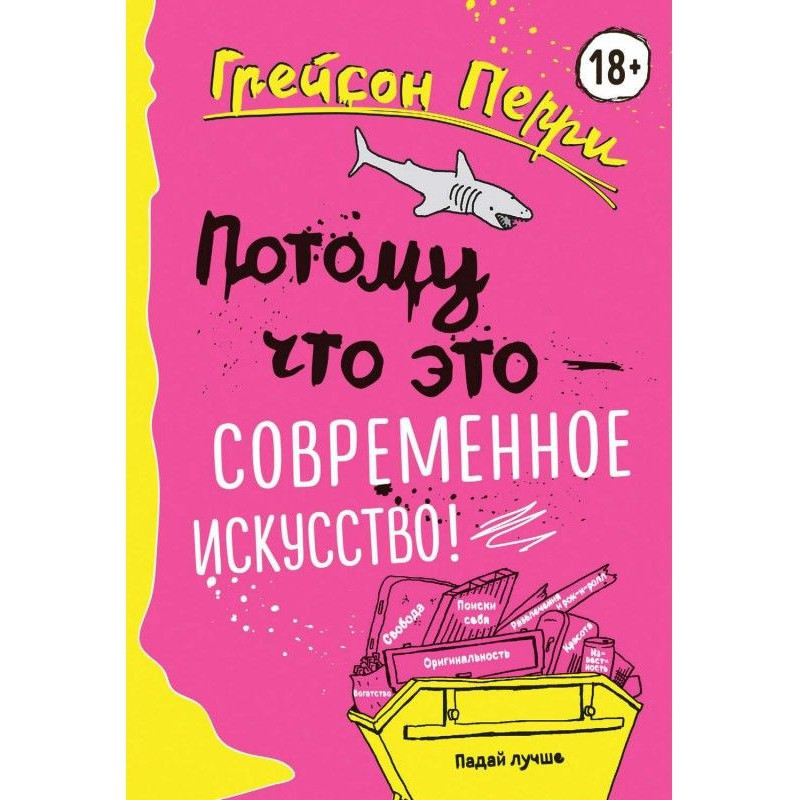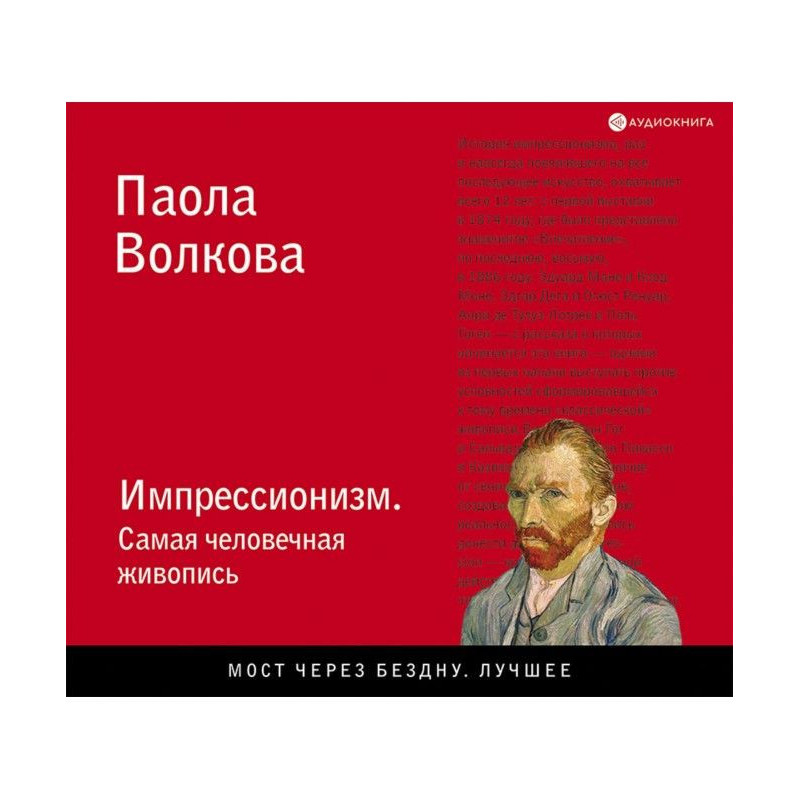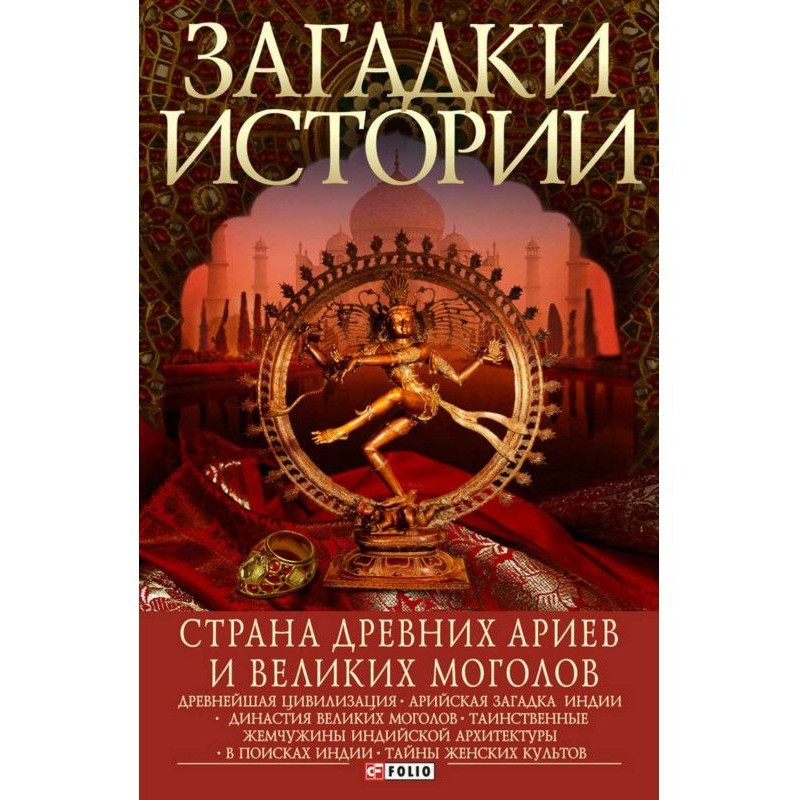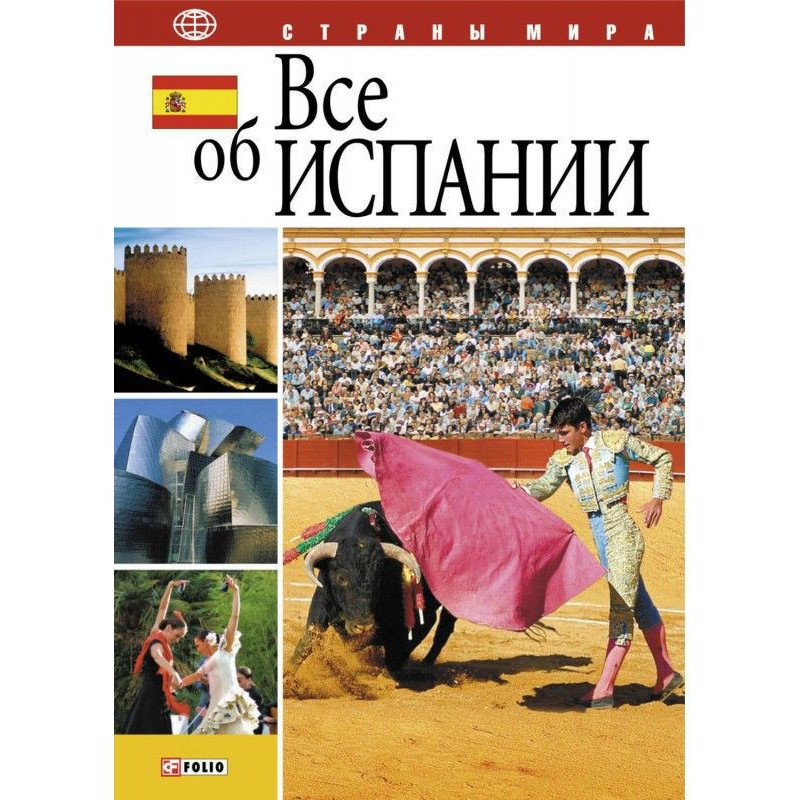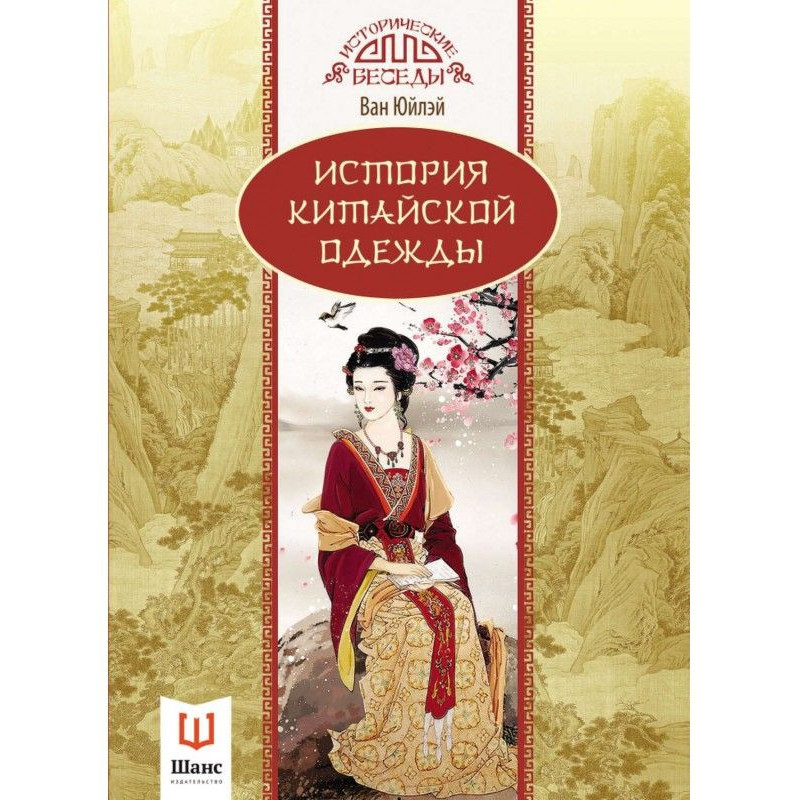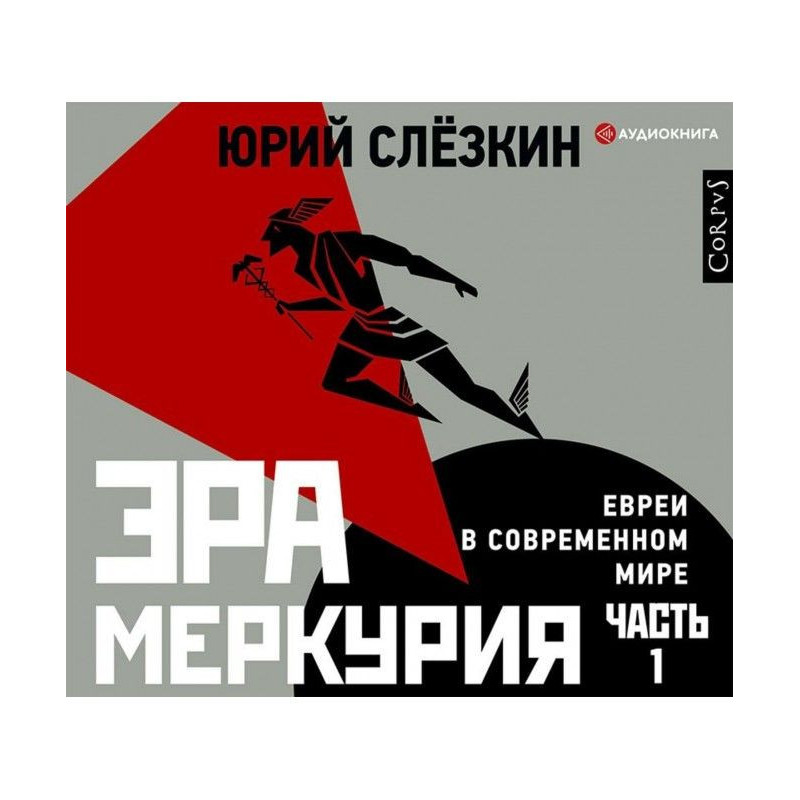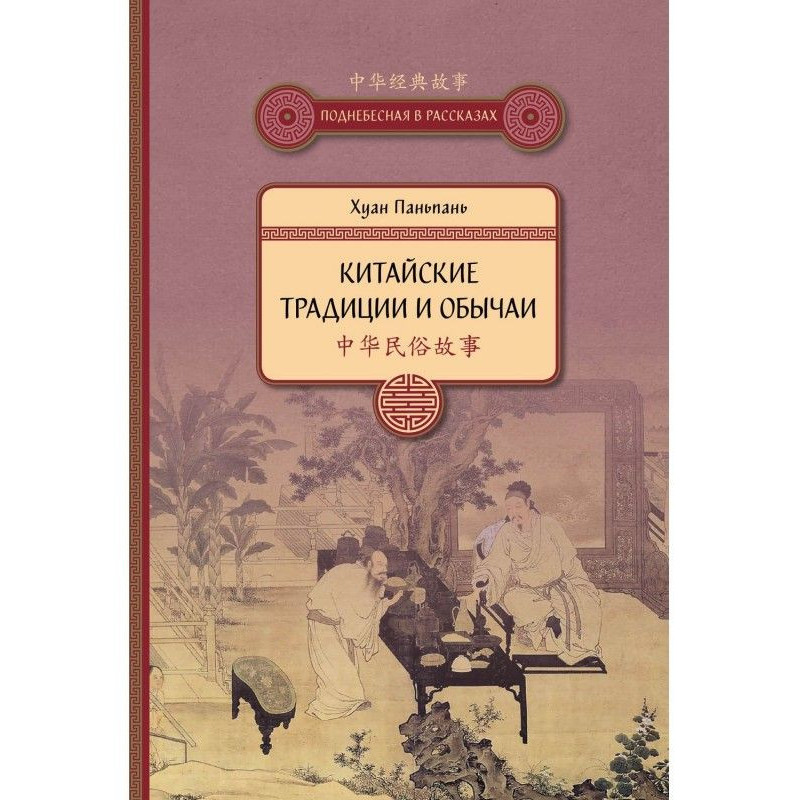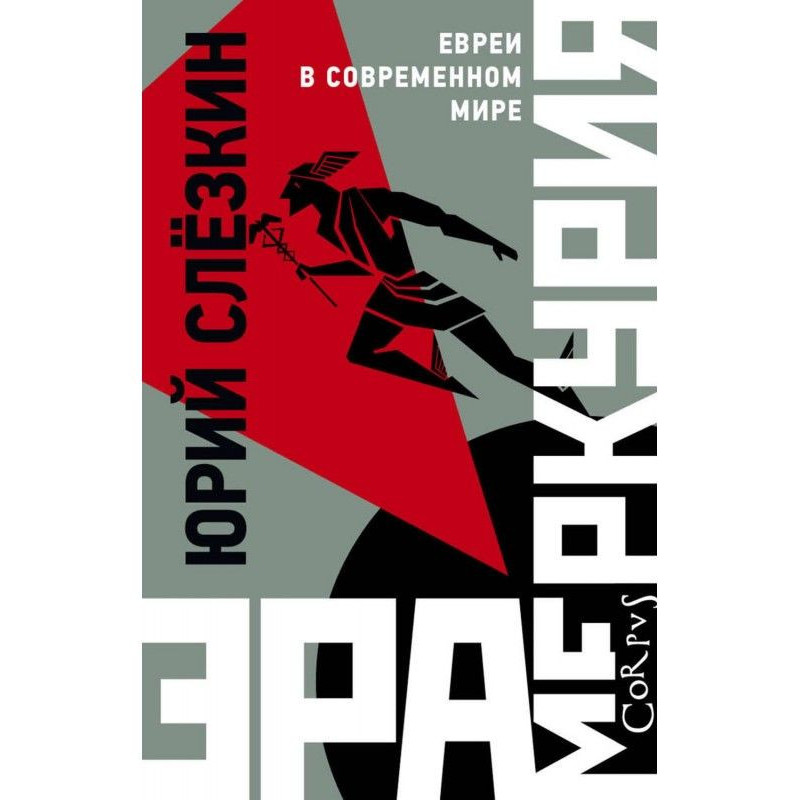Pinakothek 2001 01-02
 Instant download
Instant download
after payment (24/7)
 Wide range of formats
Wide range of formats
(for all gadgets)
 Full book
Full book
(including for Apple and Android)
Coming up with a topic for an issue dedicated to the interaction of Russian and French cultures turned out to be an extremely difficult task. The reason is the extreme breadth of the subject, what we can more easily call in French – embarras de richesse. Isn’t it a wonderful example for the case, clarifying the extent of the difficulties that befell us. After all, speaking essentially, almost everything that in our culture is not golden-domed and gingerbread, we owe to France. By a coincidence of circumstances, Russia had the opportunity to enter the circle of Western European artistic tradition in the clearly Francocentric 18th century. And Russian art since modern times has been based on a French framework - just like the syntax of Pushkin’s speech. With the same dependence and with the same irreverence. In a strange way, it happened that the French influence on Russian culture is not so much participation as an example. With all the abundance of the influx of French works, masters, students and ideas, our own myth of beautiful, blessed France was of much greater importance for Russian art. This situation strikingly distinguishes Russian-French artistic contacts from the interaction of Russian culture with the cultures of other countries. That is why we settled on the theme of mutual myths, which sometimes created a crooked, and sometimes “magical” mirror for France and Russia. The history of the Falconet monument is indicative: the French sculptor sculpted his best statue in Russia, which not only went down in the history of Russian art as the most significant a work of plastic arts of the 18th century, but also with the pen of Pushkin it turned into a national myth - into the Bronze Horseman. The opposite situation: the Cossack invasion of Paris, which gave rise to the myth of the “wild Russian steppe” in the fantasies of the French. That myth that, having found an echo in its own dreams, provoked the Polovtsian scope and golden-cock exoticism of the “Russian Seasons”, which in turn... and so on and so forth. One cannot help but include “Roman Russe”, which had a significant impact on the French minds, and the strangely powerful and at the same time ghostly phenomenon of Russian artistic emigration, which had a significant impact on the French minds. And much more that turns into a cultural phenomenon when the “sharp Gallic mind” and impeccable taste collide with the elements of the god-creating Slavic breed.
Data sheet
- Name of the Author
- Collective of authors
- Language
- Ukrainian
- Release date
- 2001
Reviews
Вражаюче дослідження культурних зв'язків!
Книга "Пінакотека 2001 01-02" є справжнім відкриттям для всіх, хто цікавиться взаємодією російської та французької культур. Автори майстерно досліджують складні та багатогранні відносини між цими двома культурами, показуючи, як французький вплив формував російське мистецтво та літературу. Вони підкреслюють, що російська культура не просто переймала французькі традиції, а й створювала власні міфи, які формували уявлення про Францію. Це дослідження не лише інформативне, але й надзвичайно захоплююче, адже воно розкриває глибокі зв'язки між мистецтвом, історією та культурною ідентичністю. Хоча текст перекладено з використанням штучного інтелекту, що іноді призводить до незначних недоліків, загальна якість перекладу залишається високою. Рекомендую цю книгу всім, хто прагне зрозуміти, як культурні обміни формують наше сприйняття світу!

